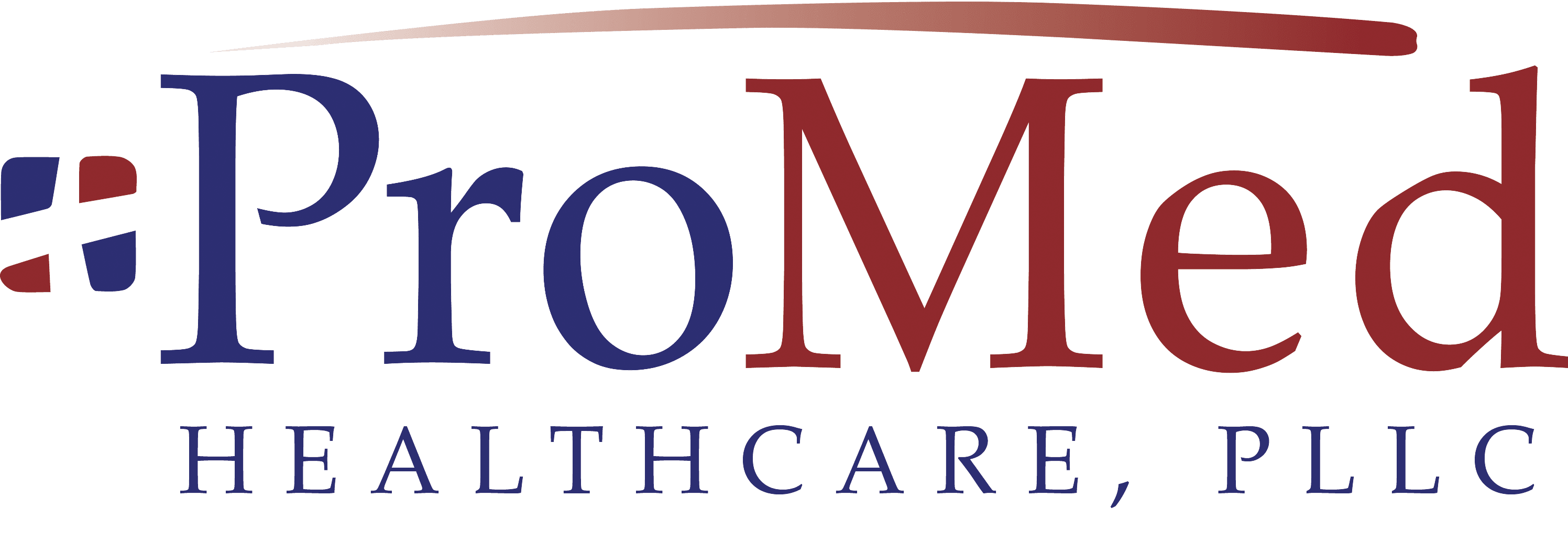News/Blog
Read Our Recent Posts
How to Protect Your Children During a Measles Outbreak
Source: American Academy of Pediatrics Section on Infectious Diseases
Last Updated: 4/9/2025
Recent measles outbreaks have many families concerned. Most people who have gotten sick were not vaccinated against measles. This is a stark reminder of the importance of making sure your children are fully vaccinated.
Here are answers to questions many parents have about the ongoing measles outbreaks and step you can take to protect your family.
I thought measles was a mild illness, so why the alarm now?
Measles was once a common childhood disease, almost an expected part of growing up. While most children recovered from the measles without problems, many others did not. In some children, the infection caused pneumonia and in a few, encephalitis (infection of the brain) and even death.
Before the measles vaccine was available in the U.S., every year an average of 450 people died from measles; most of them were previously healthy children.
Thanks to the success of the measles vaccine, we are now able to protect children from the measles. However, in recent years some parents have refused or delayed vaccinating their children out of fear or misinformation about the safety of the measles vaccine. This means there are more unvaccinated children, teens and adults in our communities.
Choosing to not vaccinate your children not only leaves them susceptible to measles, but also exposes other children to measles. This includes infants who are too young to be vaccinated and those who are unable to be vaccinated due to other health conditions.
How is measles spread?
The measles virus spreads easily through the air when an infected person sneezes or coughs and someone nearby inhales the infected droplets. It can also be transmitted by direct contact with fluids from the nose or mouth of an infected person.
How long can the measles virus live on surfaces?
Measles is one of the most contagious infectious diseases known. The virus can live for up to 2 hours in the air where infected people have coughed or sneezed, or on surfaces they may have touched. As a result, anyone in crowded, public spaces may come into contact with measles.
What are the signs & symptoms of measles?
The most recognizable measles symptom is a very high fever accompanied by a red or brownish blotchy rash, although this is not the only symptom., although this is not the only symptom.
Before the rash appears, children with measles develop cold-like symptoms, including:
Cough
Runny nose
Fever
Red, watery eyes
These symptoms tend to get worse during the first 1 to 3 days of the illness.
When do children need to get the measles vaccine?
The American Academy of Pediatrics (AAP), the Centers for Disease Control and Prevention, and the American Academy of Family Physicians all recommend children receive the measles, mumps and rubella (MMR) vaccine at age 12-15 months, and again at 4-6 years. Children can receive the second dose earlier if it is at least 28 days after the first dose.
There is a combination vaccine called MMRV that contains both chickenpox and MMR vaccines. MMRV is an option for some children 12 months through 12 years of age.
What if my baby is too young for the measles vaccine?
High immunization rates in a community protects those who are too young to be vaccinated, including infants under 12 months of age. These infants are at the highest risk of serious illness, hospitalization, and death due to measles. Find information on vaccines for infants age 6-12 months old during an outbreak or before international travel to a location with an active measles outbreak.
Is the measles vaccine safe?
Yes. Occasional side effects of the measles vaccine include fever, tenderness at the injection site and rash. Rare side effects include a temporary decrease in blood platelets. The measles vaccine does not cause autism. Getting the measles vaccine is much safer than getting the measles infection.
How long does the measles vaccine provide protection?
The measles vaccine is very effective in protecting against measles. However, no vaccine is 100% protective so very rarely, people who are vaccinated may develop measles. About 95 of every 100 people will be protected after getting one dose of the MMR vaccine. Two doses of MMR protect 97-99 of every 100 people.
I'm not sure if I've received measles vaccine. Do I need a booster?
If you are not sure if you or your children have been fully vaccinated against measles, talk with your doctor to see if anyone in your family needs to be vaccinated. There is no risk to receiving measles vaccine if you have been immunized before. Measles is a live vaccine so children with immune problems or receiving medications that suppress the immune system should not receive the measles vaccine. Your pediatrician is your best source of advice on vaccinations.

